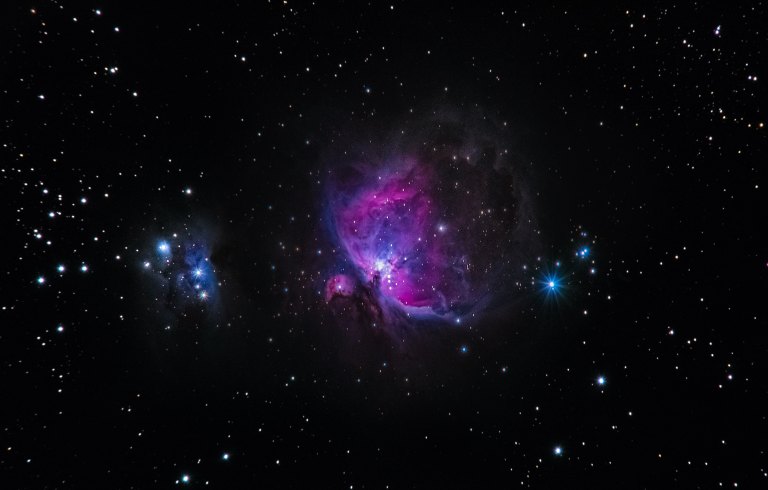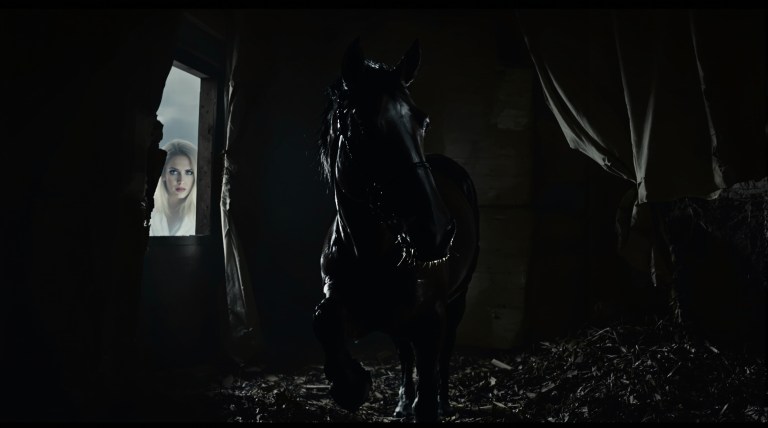
A Manhattan-Sized Comet Just Entered The Solar System—And Stephen Hawking Would Be Terrified
A Visitor From the Void
On July 1, astronomers spotted something impossibly fast and distant: a comet roughly the size of Manhattan, now officially named 3I/ATLAS, entering our solar system on a hyperbolic trajectory. It’s only the third confirmed interstellar object ever detected—following ‘Oumuamua in 2017 and Comet Borisov in 2019.
This one moves unlike anything we’re used to. Traveling at between 130,000 and 210,000 miles per hour, it isn’t bound to our Sun. It will swing past Venus, Mars, and Jupiter before slipping back into interstellar space. Its appearance has reignited a fear that Stephen Hawking tried to warn us about.
Hawking’s Voice Echoes in the Dark
Before his death in 2018, Stephen Hawking left us with a chilling piece of advice quoted during a Discovery Channel special:
If aliens visit us, the outcome would be much as when Columbus landed in America, which didn’t turn out well for the Native Americans.
Hawking expressed deep skepticism toward humanity’s attempts at contacting extraterrestrial life, arguing those efforts could make us vulnerable to civilizations far more advanced, and possibly predatory. He deeply questioned whether we’d be prepared for what might answer.
With 3I/ATLAS arriving unannounced from the stars, that warning feels unsettlingly prescient.
The Alien Hypothesis: Loeb’s Thought Experiment
One of the loudest voices asking “what if” is Harvard astrophysicist Avi Loeb. In a recent preprint, Loeb suggested that 3I/ATLAS could be more than just space debris. He hinted that it might actually be alien technology. He highlights its extreme speed, its curved trajectory through the solar system, and the way it passes near multiple planets as possible indicators of intelligence at work. Loeb offers no concrete proof, just a theoretical nudge that we shouldn’t dismiss the possibility.
Loeb gained similar attention in 2017 with ‘Oumuamua, which he also speculated might be an interstellar probe. His intent is not to sow fear. As he often says, it’s about scientific humility. Still, when someone with Loeb’s credentials whispers “recon mission,” people listen.
NASA Isn’t Worried, But Should We Be?
Most scientists disagree with Loeb’s interpretation. NASA and the European Space Agency classify 3I/ATLAS as a natural interstellar comet, noting it exhibits classic behavior: a faint coma, a dust trail, and no evidence of artificial structure or maneuvering. Their stance is clear: It’s likely a cosmic snowball, not a spaceship.
In other words: It’s probably just a comet. Then again, “probably” isn’t the same as “definitely.”
That tiny sliver of uncertainty, mixed with the comet’s interstellar origin and breakneck speed, is enough to conjure existential anxiety. After all, the cosmos has a way of reminding us how small we really are.
Whether 3I/ATLAS is ice, rock, or reconnaissance, its presence is proof that our solar system isn’t sealed off from the universe. Visitors slip through from time to time. And 3I/ATLAS arrived soon after we lost a scientist courageous enough to voice our deepest fears.
Stephen Hawking told us long ago to tread lightly. Now, something is treading through. It may vanish quietly, but the question it brings along won’t: What if he was right?











